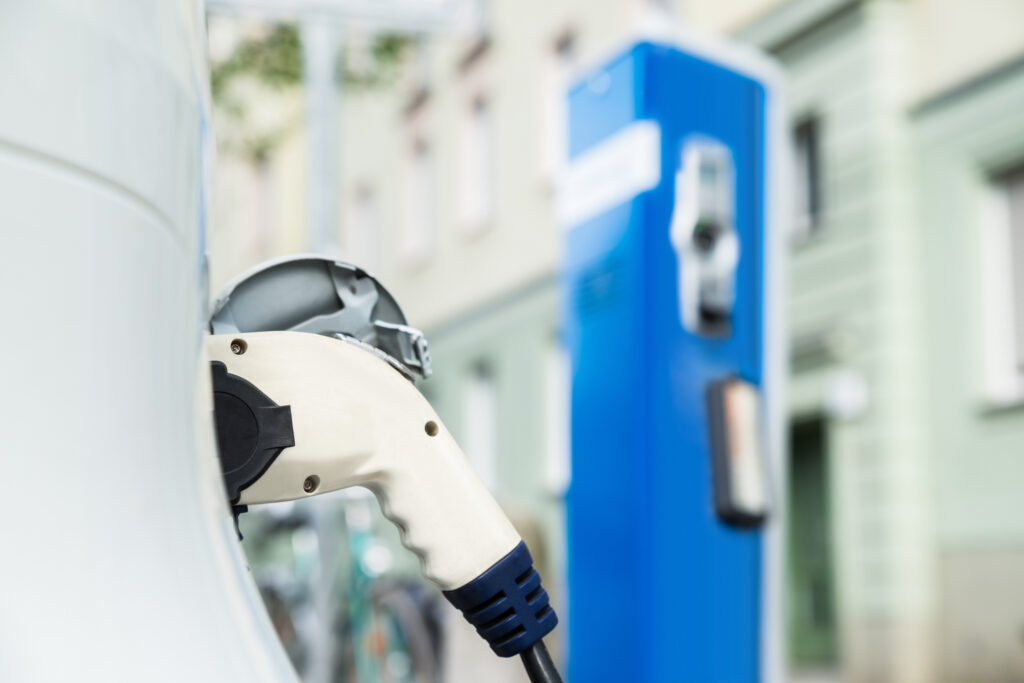Zouk Capital has announced that it has raised £80 million in the second close of the Charging Infrastructure Investment Fund (CIIF).
This is made up of £40 million, anchored by the Church Commissioners for England, which was then matched by the UK Treasury.
This brings the CIIF up to a total of £150 million of deployable capital, following the first close last September. This saw £35 million raised from UAE renewables investment group Masdar, also matched by the Treasury.
As such, the two private investments with the £200 million pledged by the government bring the total signed commitments up to £275 million, Zouk said. This means that £125 million of private investment is still required to hit the CIIF’s target of £400 million.
Zouk Capital told Current± that it is expecting one or two more closes to take place later this year, and that it has seen “significant interest from all types of investors”.
Samer Salty, managing partner at Zouk Capital said that despite the “unprecedented world in which we all live now as a result of COVID-19” there was no shortage of investors for CIIF.
“The CIIF is underpinned by the need to rapidly decarbonise the UK’s transport sector and improve air quality, which creates an opportunity to make environmentally impactful financial returns through the creation of these large renewable energy powered public EV charging networks.
“We are delighted to welcome new investors to the fund who share in our belief in both the commercial opportunity in electric vehicle infrastructure and the importance of decarbonisation. Church Commissioners of England is a leader in the ESG space with a strong sustainability mandate and we are excited to have their support.”
The CIIF is designed to be a catalyst, driving the UK ahead of the curve in EV charging. This includes providing rapid chargers and geographical coverage, to ensure everyone in the UK has the confidence to travel anywhere in an EV.
The Treasury appointed Zouk Capital to manage the fund, which used the maiden investment to finance the installation of 3,000 rapid chargers by Instavolt.
This choice caused controversy, given that Zouk itself is the largest shareholder in Instavolt.
But the second close comes as an “endorsement of the model” according to Matthew Vickerstaff, deputy chief executive officer at the Infrastructure and Projects Authority.
CIIF is “an excellent example of government and industry working in partnership, as we pursue our collective objective to net zero 2050″.
“Increasing access to private finance for those companies delivering EV charging points across the UK is key to meeting society’s future needs.”





